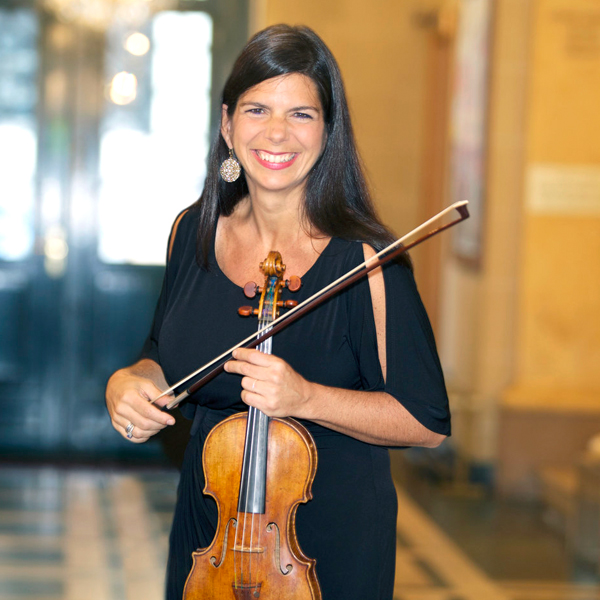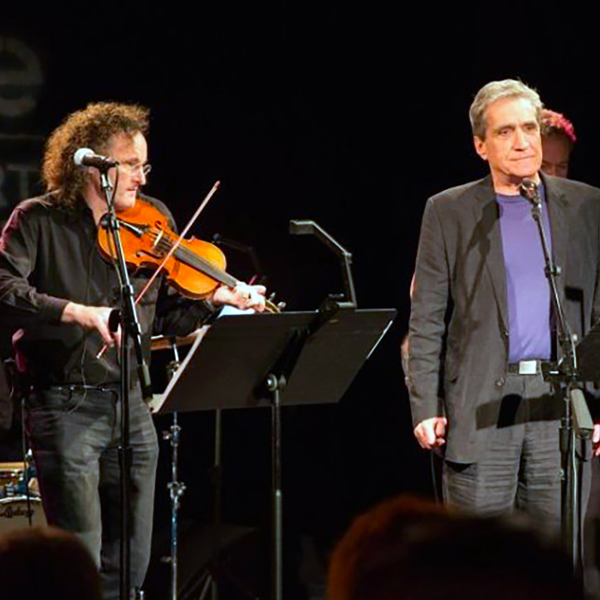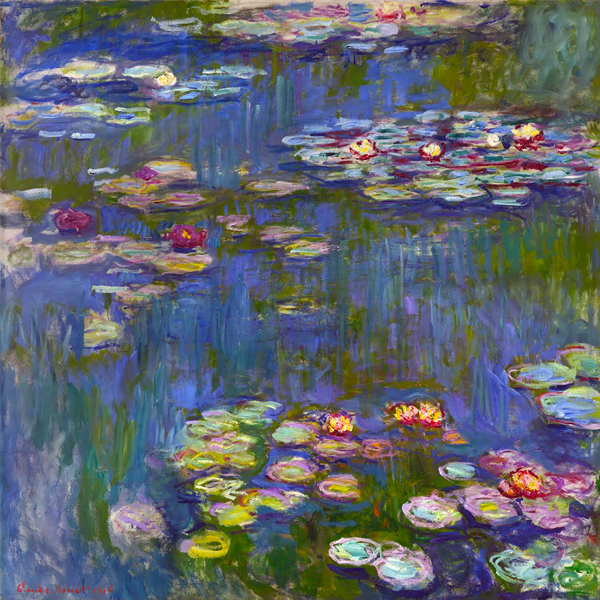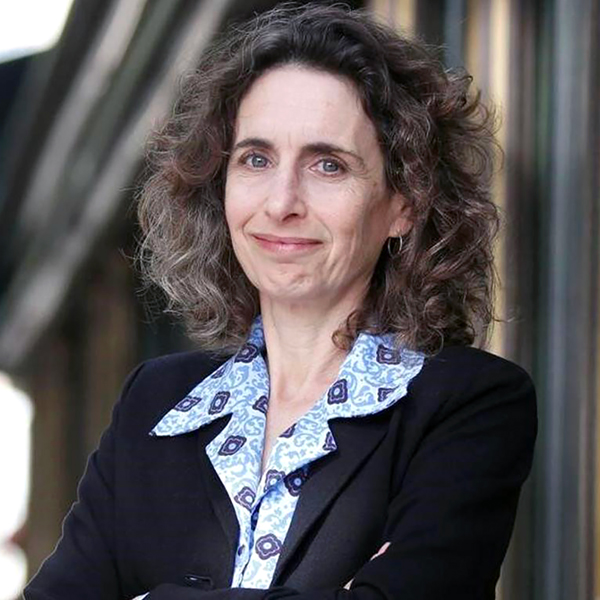Kansas City Symphony Presents: Violinist Pamela Frank Performs Beethoven
We treasure every concert this year from Michael Stern, the Kansas City Symphony’s noted conductor and music director, now in his final season. “Making music matter has been a joyous mission for 20 years,” he says.
And that mission continues in three concerts February 2 through 4 at Kauffman Center for the Performing Arts. Stern joins violinist Pamela Frank, who returns to Kansas City for a bold and perceptive take on Ludwig van Beethoven. While it’s not exactly Roll over, Beethoven, she gives the 19th-century composer’s Violin Concerto a modern riff.
Maestro Stern conducts the Symphony in a reprisal of their Grammy Award-winning recording of the dramatic Four Sea Interludes from modern composer Benjamin Britten’s opera Peter Grimes.
And contemporary composer Shelley Washington, who was raised in Kansas City, blends jazz and rock and folk in Both, a modern work co-commissioned by the Kansas City Symphony, influenced by her flights back and forth from New York City to Los Angeles. “I like to write music with a big palette,” she says. “I love making lots and lots of noise.”
An Evening of Poetry and Music
Long, long ago, British peoples gathered around a fire in communal longhouses listening to a harpist play and a bard mesmerize with heroic tales set to rhythmic language. On those evenings, the dark, cold winter didn’t seem so endless.
On February 9 at 7:30 p.m., American poet Robert Pinsky and Irish violinist Martin Hayes give this ancient entertainment a modern twist. No need to gather around the fire when you’re seated in a perfectly comfortable room in the 1900 Building, but in every other way, the sound of the spoken, metered word meets the soulful sound of a stringed instrument.
As a three-time Poet Laureate, Robert Pinsky founded the Favorite Poem Project, which invited Americans of all ages and backgrounds to share their favorite poems. The poems were videoed, then published in three different anthologies. Pinsky makes the case that poetry is alive and well in America, holding a special place in everyday life. Pinsky’s own poetry has a “wild, musical energy,” and he often performs his work with jazz musicians.
Martin Hayes is known for his soulful interpretations of traditional songs, like his father before him. In his 25-year career, Hayes has collaborated with musical luminaries including Sting, Ricky Scaggs, Paul Simon, Cassandra Wilson, and Yo-Yo Ma. His memoir, Shared Notes, was released in 2021.
Monet and His Modern Legacy—in Art and a Documentary Film
In conjunction with the Monet and His Modern Legacy exhibit at the Nelson-Atkins Museum (which runs until March 10), Tivoli will be showing the documentary film on February 9 at 7 p.m. and February 11 at 2 p.m. at the Nelson.
With an introduction by Aimee Marcereau DeGalan, the Nelson’s senior curator of European Arts, the screenings will show another side of Monet’s life—through the over 2,500 letters the Impressionist artist wrote. Phil Grabsky, the film’s director, takes us from Paris and Le Havre to London and Venice, as we follow the letters of the celebrated artist.
Monet had a transformative influence on a generation of artists, including Helen Frankenthaler, Jules Olitski, and Sam Francis. Monet’s emphasis on the immersive approach to art—as in his series of plein-air Water Lilies, painted at different times of the day as he observed the light outdoors—prompted artists to leave the studio and the easel for a new approach to painting.
Beloved today, Monet’s later work, such as the Water Lilies, was dismissed by his contemporary critics as too nebulous and confusing; some suggested that the artist’s failing eyesight was to blame.
I, Claude Monet reveals new insight into the artist’s inner feelings behind the sun-dazzled canvases.
Welcome to the Anthropocene: An Evening with Elizabeth Kolbert
Linda Hall Library describes itself as a place “where science lives.” With the new presidency of Eric Dorfman, science is living large.
The new year kicks off with monthly events that show the range, power, and magnitude of our universe and the laws that govern it, earthly and unearthly. On February 13, from 7 to 8 p.m. in person at the library or virtually by a link, you can step into the new age of the earth—the Anthropocene.
The Anthropocene describes a recent period of human activity that has changed the environment on a global scale. Human impact on climate and ecosystems can be profound—the disappearance of snow crabs in Alaska’s Bering Sea due to warming waters, for instance, causing multi-generational fishing businesses to close and devastating the economy. In other words, we are causing this change.
Is the earth in the middle of a modern, man-made sixth extinction? If so, what can we do?
Elizabeth Kolbert, Pulitzer Prize-winning author of The Sixth Extinction, in conversation with Dorfman, gives us the hows, the whys, and the what-can-we-do-about-its.
The event is free to the public, but seating is limited. For more information to register and a link to the virtual program, click here.






